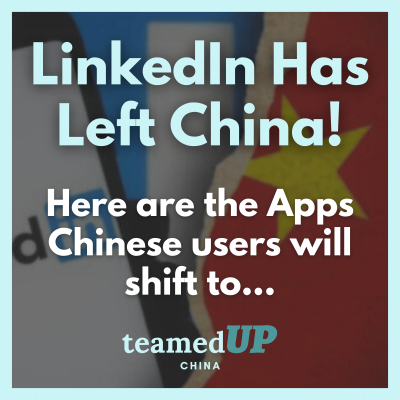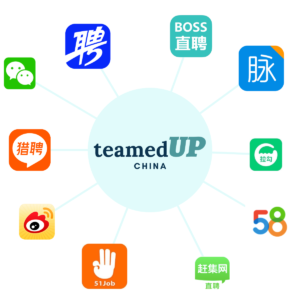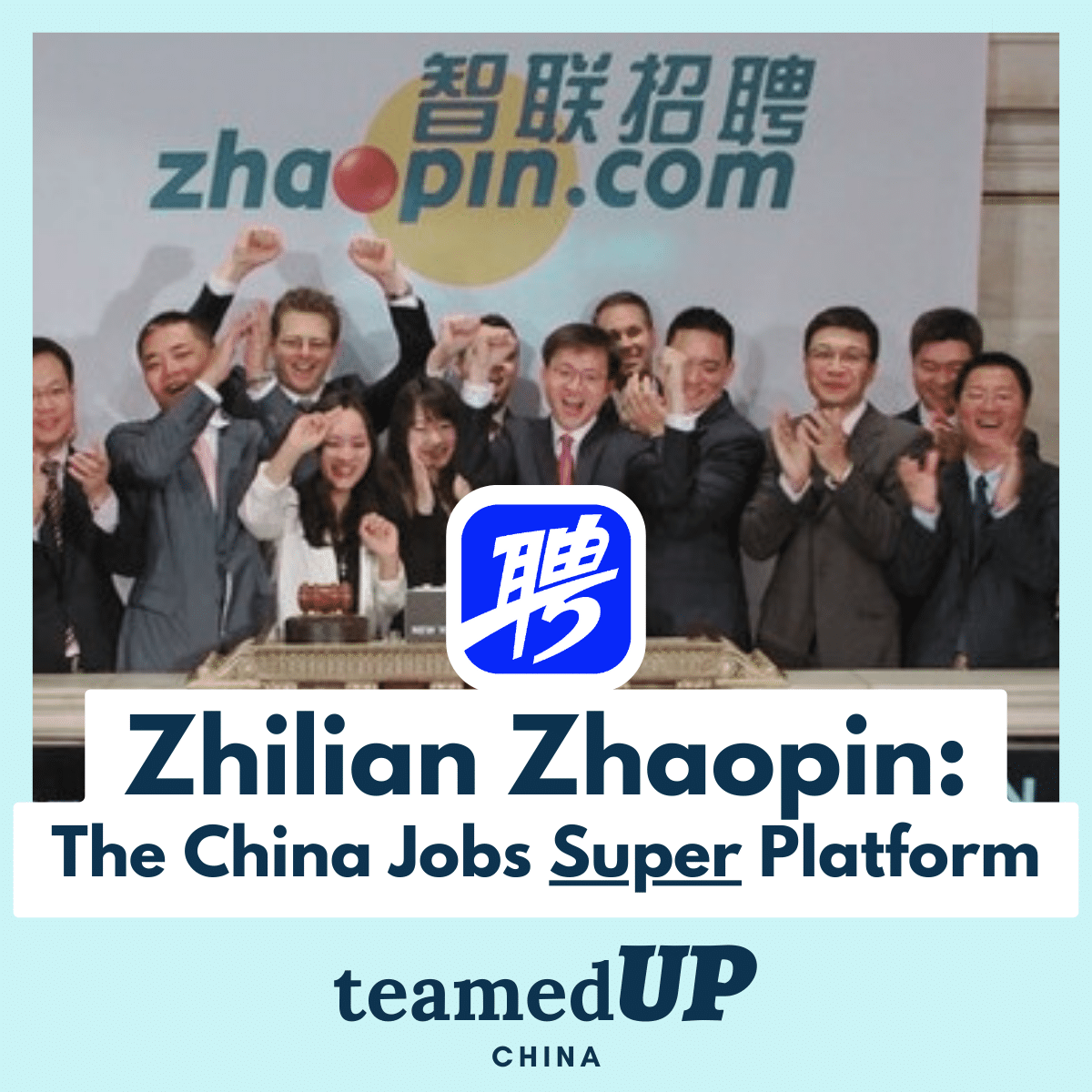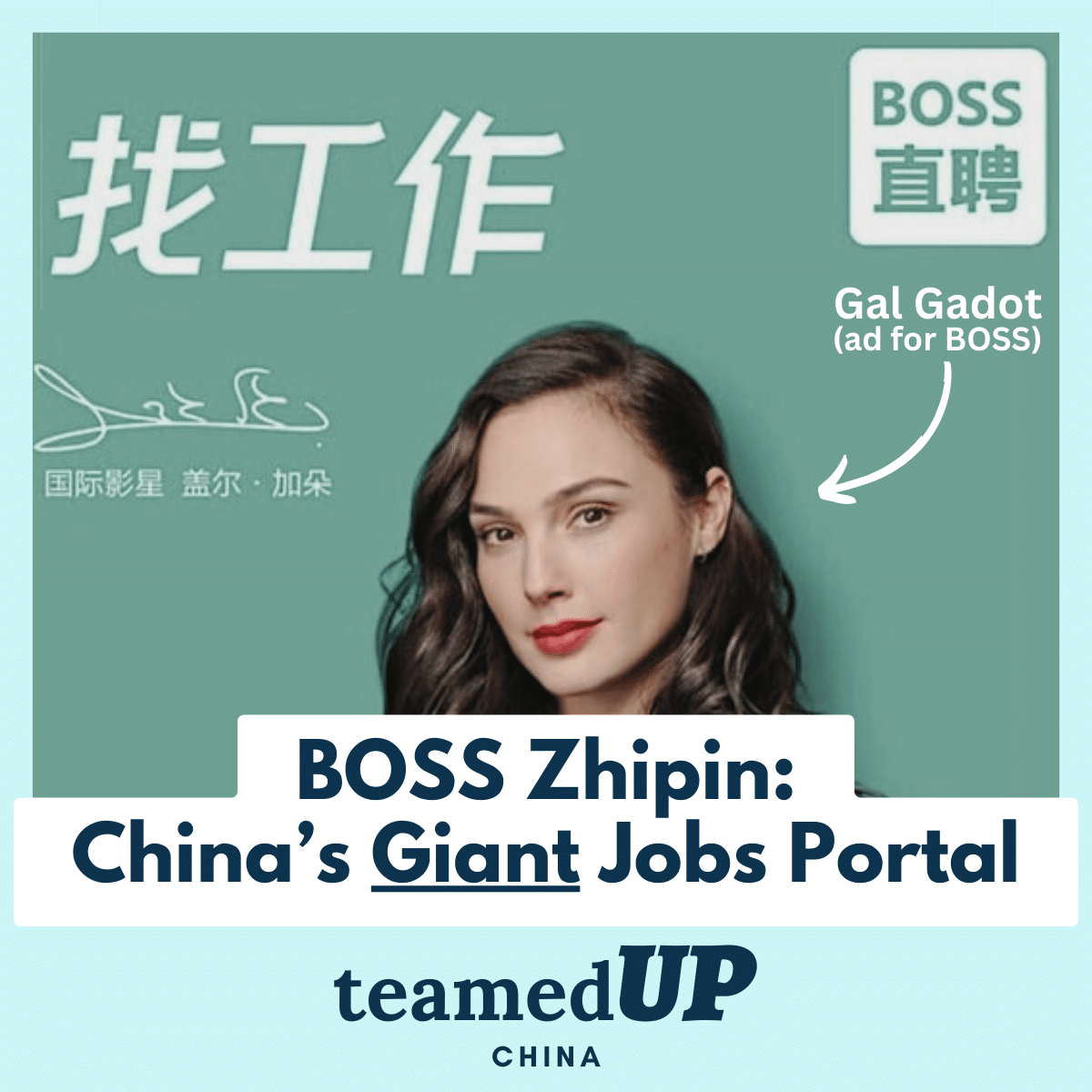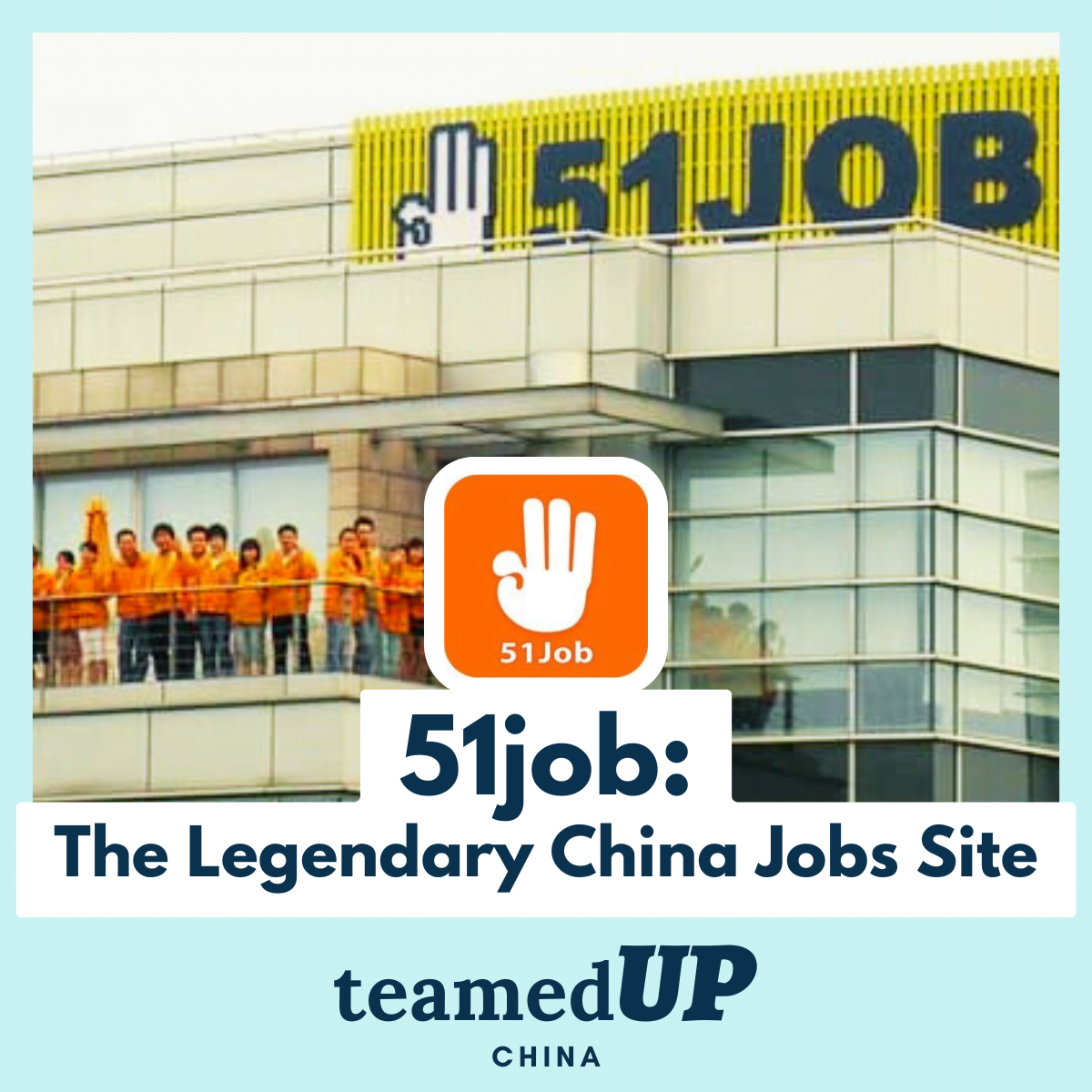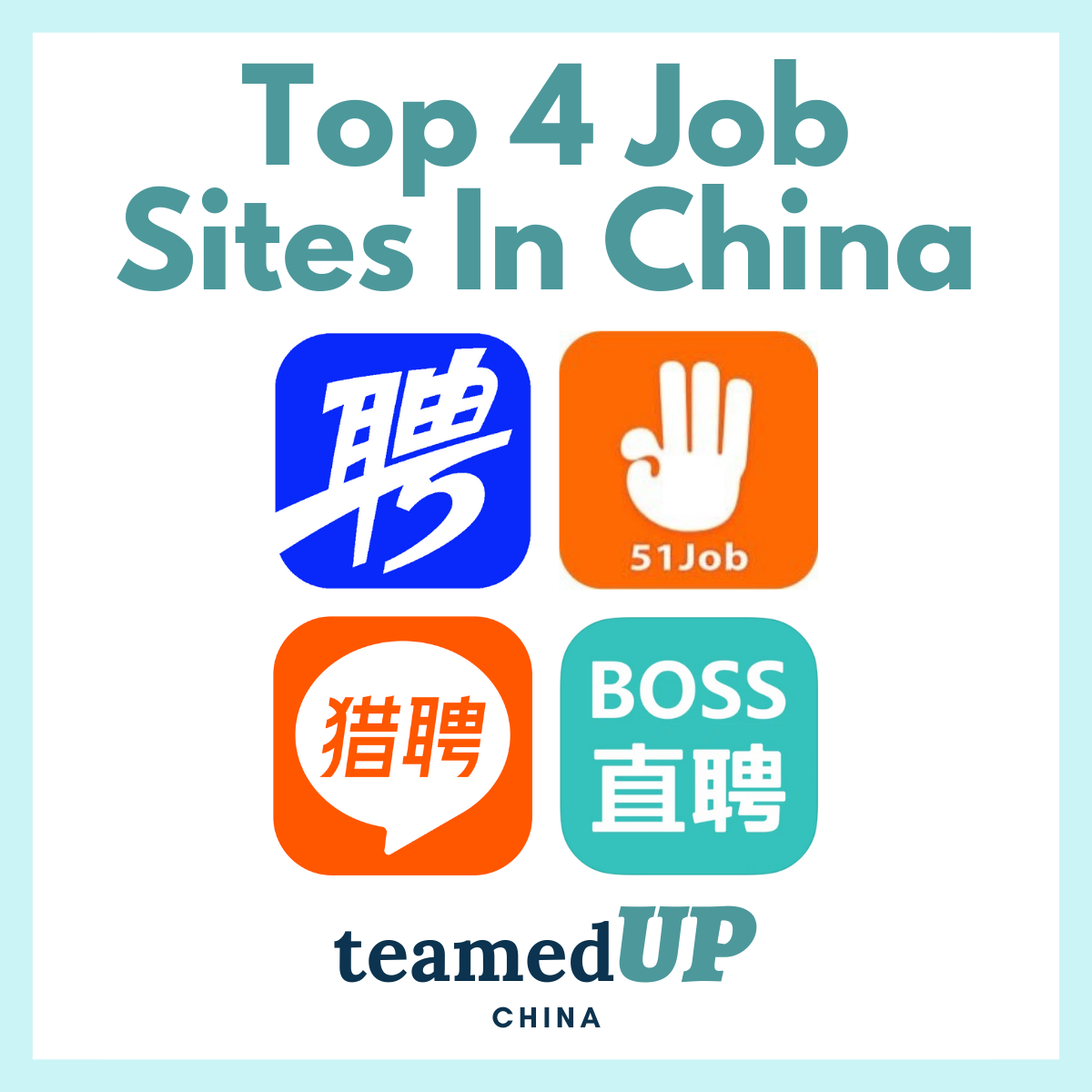And so the date has come and gone, and LinkedIn has left China. On August 9th, 2023 the Microsoft-owned global HR giant closed down its China-based product, InCareer, after launching less than two years earlier at the end of 2021.
LinkedIn has had quite a successful history in China compared to many of its US tech counterparts. It grew to over 50 million registered users in the country, all of whom will likely have to find (or have already found) other platforms to fill the LinkedIn void.
Let’s walk through the highlights of LinkedIn’s history in China, then take a look at where we think most users are migrating (or have migrated!).
Hiring in China?
Post open roles across China’s top job sites, classifieds, and networking platforms — lower hiring costs by over 80%.
Table of Contents
ToggleThe History of LinkedIn in China
A Timeline, 2014-2023
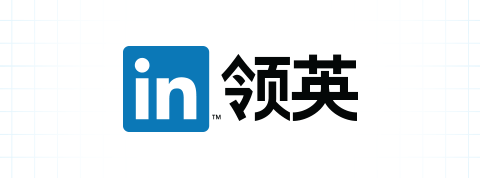
2014:
February: LinkedIn officially launches its Chinese version, known as “领英” (Lingying), to cater to the Chinese market.
…The Chinese version of LinkedIn complies with local censorship regulations, leading to some criticism and concerns about privacy and freedom of expression.
2017:
June: LinkedIn announces that it has reached over 30 million users in China.
The company continues to comply with Chinese censorship laws, which require certain sensitive content to be removed or restricted within the platform.
2018:
January: LinkedIn’s Chinese user base reaches 40 million users.
The company launches a new China-specific desktop design with improved translation and better user experience for its Chinese users.
2021:
March: LinkedIn reaches 52 million users in China.
October: Shuts down the full version of LinkedIn in China. Prepares to roll out a China-focused App, InCareer, targeted solely on employment services and excluding social media aspects of the platform.
2023:
August: Final phase-out of InCareer and exit of China almost completely.

Now That LinkedIn Is Gone...
What Will Chinese Job Seekers, Hiring Managers, and Networkers Use Instead?
First, let’s divide LinkedIn’s uses into two types of platforms:
A) Professional networking & social media platforms, and
B) Employment & career-focused platforms.
LinkedIn does a successful job of blending these. The job services benefit the professional networking, and vice-versa.
Professional Networking & Social Media Apps
These are apps that have a primary focus on social media — networking, messaging/contacting, and content consumption. Think LinkedIn, Elon’s vision for X, Facebook, Instagram, and a pinch of TikTok.

Wechat (微信)
Wechat is the Everything app. While many users primarily use it for social contact and social media purposes, you’d be hard-pressed to find someone over 22 in China that doesn’t use it for work and professional networking purposes as well.
The Wechat ID (via QR code) is the first thing exchanged between two people in all major business hubs throughout China. In most cases, nobody asks for anything but WeChat at professional networking events, with email or phone coming in at a distant second.

Wecom (企业微信)
WeCom, formerly WeChat Work, gets a mention here because it integrates well with WeChat. It is Slack connected seamlessly with the Everything app. If colleagues formerly connected socially online via LinkedIn, this may become a place for more internal work groups and connection opportunities.

Weibo (微博)
Anything compared to WeChat in terms of messaging/networking/connecting is tough. Weibo, formerly compared to Twitter years ago, is the most mature, by-the-book news and professional topic-based social media platform in China. They are the successful version of Yahoo!. Weibo is still going strong and may be where professionals start looking more so to see relevant content.
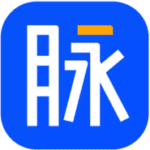
Maimai (脉脉)
Maimai is the newest entrant in the discussion and has been bluntly referred to as the LinkedIn of China. Since launching in 2013, Maimai has grown to over 110 million users (over twice that of LinkedIn China) and found a way to blend both professional networking and career services into one platform.
As of 2023, its user figures are lower than most of the other companies on this list, but growing at a brisk rate. Now that LinkedIn has left China, Maimai (脉脉) is poised to get a strong uptick in users.
Employment & Career Focused Apps
These are apps that have a primary focus on job placement and career services. Think Indeed, Monster, CareerBuilder, The Ladders, Glassdoor, and ZipRecruiter.
There are A LOT of job platform competitors in China. Here are some of the most dominant players that a majority of former LinkedIn users will likely move to (or have moved to!).
These companies have a lot that overlap with each other, but a whole lot more that don’t. For that reason, we’ll be listing them out simply by year founded, oldest to newest.

Zhilian Zhaopin (智联招聘)
Founded in 1997, Zhilian Zhaopin (智联招聘) is the oldest and arguably the biggest player of the job platforms in China. As of 2020, the company had over 200 million users and over 120 million monthly active users.
The scope covers every type of job – think of this as the Indeed/Monster of China. A company that not only survived the Internet 1.0 era, but has continued to grow, thrive, and adapt to the times successfully for 25+ years. Since LinkedIn has left China, Zhilian Zhaopin is an easy choice for many professional job seekers and employers to spend more time with.

51job (前程无忧)
Founded in 1998, 51job (前程无忧) started in Beijing not long after Zhaopin did in Shanghai. As of 2021, the company had over 155 million users and ’51job’ is ubiquitous in the job search conversation.
If Zhilian Zhaopin is Indeed, then 51job is Monster (or vice versa). The scope of this platform also covers every type of job and is certainly going to pick up more user activity with LinkedIn out of the picture in China.


58 Tongcheng (58同城) & Ganji (赶集网)
Both founded in 2005, 58 Tongcheng (58同城) & Ganji (赶集网) started out as classifieds websites, not unlike Craigslist in the US. In 2015, the companies merged and formed parent company 58 Ganji Co., Ltd.
Unlike the trajectory of Craigslist, however, both of these companies have continued to offer new types of services and have held their spots as leading providers until this day. Standard classifieds, a full-functioning job/employment platform, managed services in sectors like maintenance/repairs/housekeeping, and targeted second-hand platforms are just some of the things the entity provides under many different brand names.
Since a huge amount of China’s city dwellers have already used a 58/Ganji service in the past, there is little friction when it comes to trying out the massive jobs platform on offer here.
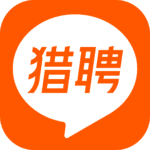
Liepin (猎聘)
Founded in 2011, Liepin (猎聘) has been able to position itself successfully as a platform for high-end talent. A comparison could be made to The Ladders out of the US, a service that focuses on jobs starting at a certain salary threshold.
Liepin has over 83.5 million users as of 2022 and has seen phenomenal growth in recent years. Many of the highly experienced & qualified job seekers on LinkedIn China, as well as companies looking to hire them, will surely be looking to find value from Liepin (猎聘) in LinkedIn China’s wake.

MaiMai (脉脉)
Bonus! Maimai (脉脉) gets listed in this category in addition to the previous one (Professional Networking & Social Media Apps). Since launching in 2013, Maimai has grown to over 110 million users (over twice that of LinkedIn China) and found a way to blend both professional networking and career services into one platform.
While its user figures are lower than most of the other companies on this list, Maimai is growing at a brisk and effective rate. It is the natural platform for Chinese users to try as it has the most functionality overlap with LinkedIn.
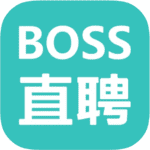
BOSS Zhipin (BOSS直聘)
Founded in 2014, BOSS Zhipin (BOSS直聘) has grown very fast to become one of the (and perhaps the) biggest HR platforms in China. In 2021, the platform passed 200 million users and is showing no signs of slowing down.
While not a social media site, BOSS Zhipin has built its core features around connecting job seekers and employers as directly and transparently as possible. This goal of direct messaging and connections has some overlap with LinkedIn, and combined with everything else BOSS Zhipin has to offer it is easy to see many former LinkedIn China users spending more time here.
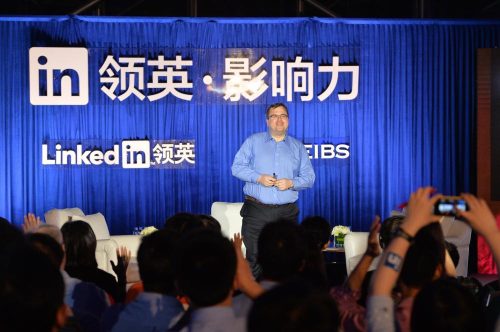
LinkedIn Has Left China, and China Will Likely Move On Relatively Quickly
LinkedIn is the lead player in so many markets throughout the world, but was just but one of many strong, well-funded, and fast/adaptive players in China. After the announcement to leave in 2023, LinkedIn CEO Ryan Roslansky cited fierce competition as one of the primary reasons.
While LinkedIn’s departure from China may have lasting impacts and lessons to tell us, most of the former China-based users will swiftly move on — and already have many great options to choose from.
Table of Contents
ToggleHiring in China?
We can help, and likely lower your hiring costs by over 80%
Our China Candidate Sourcing Service helps companies post & promote open roles across top Chinese jobs & networking platforms.
Let’s find your next great China-based team member together.
Contact us to discuss hiring goals, salary & compensation budgets, and if TeamedUp China is the right fit to support your organization.
New here? Get 25% off your first job post with us.

